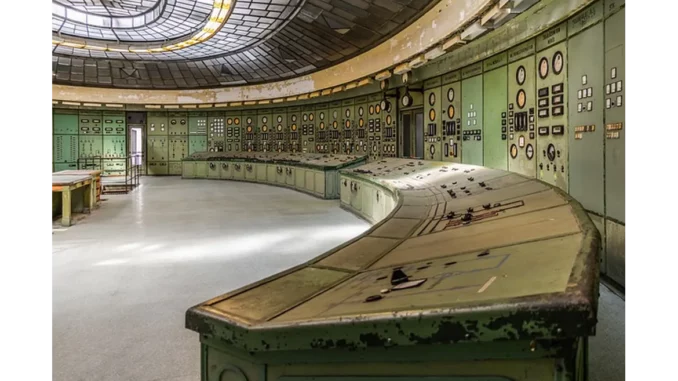
As the global community intensifies its pursuit of sustainable and reliable energy sources, nuclear power is experiencing a notable resurgence as a significant player in the energy sector. This revival offers both opportunities and challenges for the construction industry, which is instrumental in the development and maintenance of nuclear power plants. In this article, we explore the implications of nuclear power’s resurgence for the construction sector, highlighting the potential opportunities and the obstacles that must be navigated.
Focus360 Energy: property compliance services – pre-planning to post-construction. Learn more.
Nuclear power’s revival is largely driven by its capacity to deliver substantial quantities of carbon-free electricity. With over 440 reactors currently operational worldwide and numerous others in the planning or construction phases, nuclear energy is set to become a pivotal element in efforts to achieve net-zero emissions. Leading this charge are countries such as China, France, and Russia, which are investing heavily in nuclear technology as a complement to renewable energy sources, aiming to meet burgeoning energy demands. In this context, the construction industry finds itself at the forefront of this nuclear renaissance. The demand for new nuclear power plants and the modernisation of existing facilities present significant opportunities for construction companies, requiring advanced engineering, specialised skills, and innovative solutions, thereby offering a lucrative pathway for growth and development.
The construction of nuclear power plants necessitates a highly skilled workforce, including engineers, project managers, and specialised technicians. This demand presents an opportunity for the construction industry to invest in training and education programmes to cultivate a pool of qualified professionals. By doing so, construction firms can position themselves as leaders in the nuclear sector, securing contracts for future projects. Moreover, the resurgence of nuclear power is propelling the adoption of advanced technologies within the construction industry. Innovations such as Small Modular Reactors (SMRs) and advanced safety systems are revolutionising the design and construction of nuclear power plants. Companies that embrace these technologies can gain a competitive advantage, offering clients more efficient and cost-effective solutions.
Collaboration is essential in the complex landscape of nuclear power projects. By forming strategic partnerships with technology suppliers and regulatory bodies, construction firms can access new markets, share expertise, and enhance their capabilities. These collaborative efforts can lead to the development of new business models and risk management strategies, further strengthening the industry’s position in the nuclear sector. Additionally, the construction industry has the chance to lead in promoting sustainability and safety in nuclear projects. By implementing environmentally friendly practices and adhering to stringent safety standards, construction companies can address public concerns and build trust with stakeholders, enhancing their reputation and opening new business opportunities.
Despite these promising opportunities, the construction industry faces several challenges in the nuclear sector, including high costs, complex regulations, technical issues, and public safety concerns. Addressing these challenges requires innovation, adaptability, and a proactive approach. Nuclear power projects are notorious for their high costs and lengthy timelines, necessitating robust project management strategies to mitigate the risk of cost overruns and delays. This involves thorough planning, effective communication, and continuous monitoring of project progress. Navigating the regulatory landscape is another significant challenge, as each country has its own set of regulations and approval processes that can be time-consuming and complex. Construction companies must stay informed about regulatory changes and work closely with regulatory bodies to ensure compliance.
Public opposition to nuclear power remains a formidable challenge, primarily due to safety and waste management concerns. Construction companies must engage in transparent communication with stakeholders and the public, addressing their concerns and demonstrating the safety measures in place. Building trust and garnering public support is crucial for the successful implementation of nuclear projects. Effective project management is key to overcoming these challenges. Companies must adopt advanced project management tools and techniques, including digital technologies and data analytics, to improve efficiency, reduce costs, and ensure timely project delivery.
The nuclear power renaissance presents a unique opportunity for the construction industry to play a vital role in the transition to a low-carbon future. By embracing innovation, collaboration, and sustainability, construction companies can surmount the challenges and capitalise on the opportunities presented by the resurgence of nuclear power. As the world moves towards a cleaner and more sustainable energy future, the construction industry is poised to lead the way in building the infrastructure essential to support this transformation. Through strategic partnerships, investment in skills, and a commitment to sustainable practices, the industry can help drive the transition to a cleaner and more sustainable energy landscape, with nuclear power as a key component of the global energy mix.


Be the first to comment